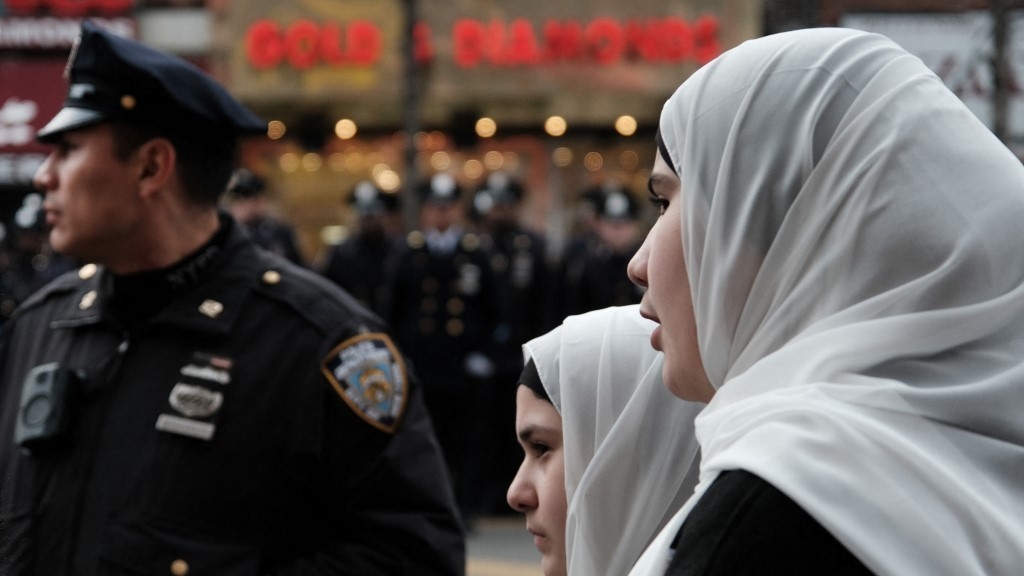Lawsuit accuses New York County police of forcibly removing Muslim woman's hijab

New York's Suffolk County Police Department (SCPD) is facing a lawsuit for allegedly taking off a Muslim woman's hijab forcefully and not returning it until after she was released.
The lawsuit was filed on Wednesday by the Council on American-Islamic Relations (Cair-New York) and Emery Celli Brinckerhoff Abady Ward & Maazel LLP (ECBAWMM) on behalf of Marowa Fahmy from East Setauket, and says that in 2022 she was wrongfully arrested by police due to a false tip.
The legal action seeks compensation for a rights violation and emotional suffering.
“SCPD’s hijab-removal policy is inhumane, regressive, and clearly unlawful. Cair-NY asserts that the rights of Muslim Americans do not stop at the doors of the local police precinct," Cair-NY legal fellow, Burhan Carroll, said.
"We will continue to fight on behalf of our community members who have been wronged by law enforcement. We hope this filing will result in justice for Ms Fahmy and will protect others from future harm.”
New MEE newsletter: Jerusalem Dispatch
Sign up to get the latest insights and analysis on Israel-Palestine, alongside Turkey Unpacked and other MEE newsletters
The lawsuit alleges that during her arrest, Fahmy's hijab was removed and she was inappropriately touched as male officers observed her while undergoing a body search by the police department.
Cair said that despite repeated requests, the police department did not return her hijab, leaving her without it for several hours until her release.
The lawsuit claims that the actions of the police department breached both New York State and federal laws.
“What happened here was wrong. Religious practice and police practice are not incompatible," ECBAWMM partner, Andrew Wilson, said.
"We are hopeful that this case can set a standard that requires Suffolk County to protect the religious freedom of New Yorkers who, like Ms Fahmy, choose to wear religious head coverings.”
Middle East Eye delivers independent and unrivalled coverage and analysis of the Middle East, North Africa and beyond. To learn more about republishing this content and the associated fees, please fill out this form. More about MEE can be found here.





